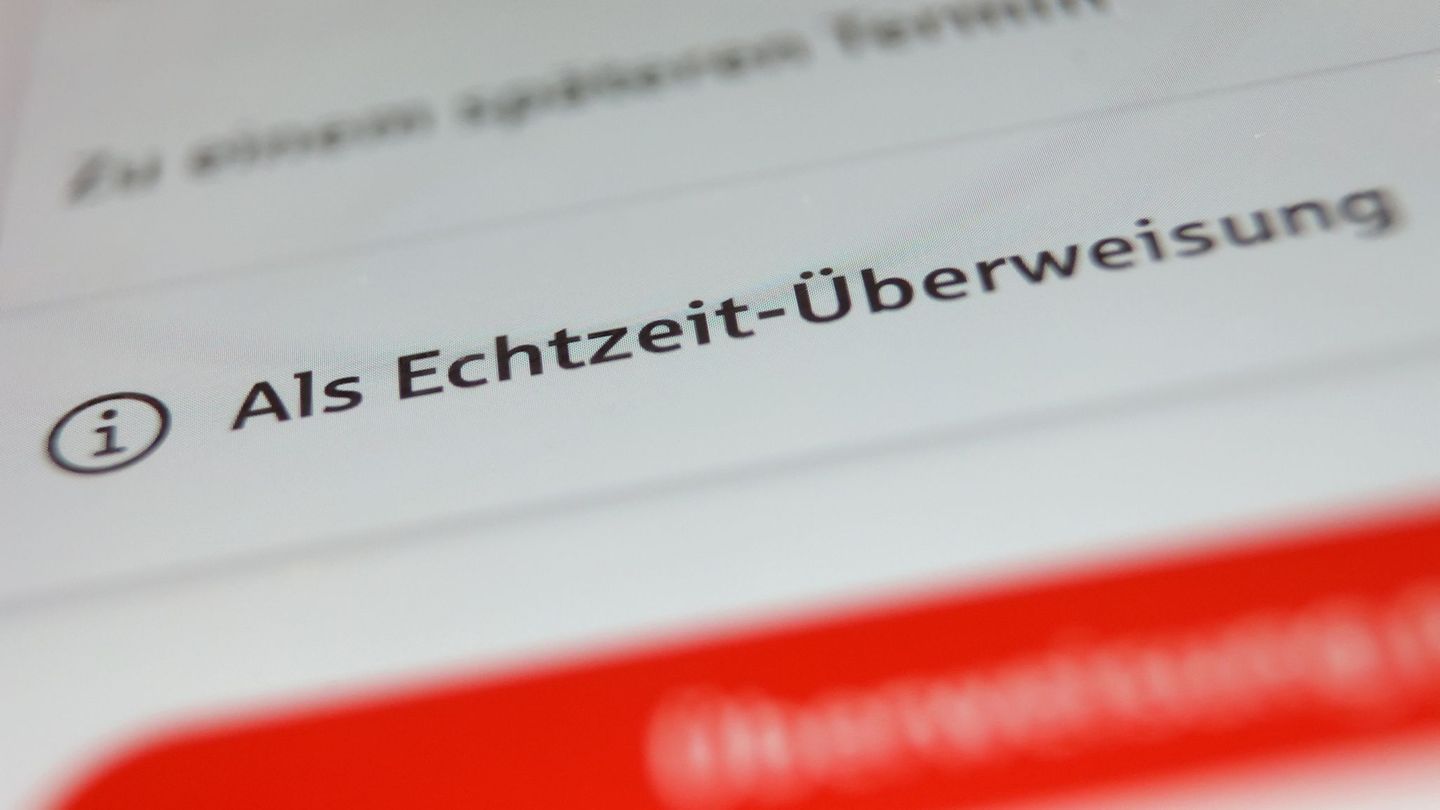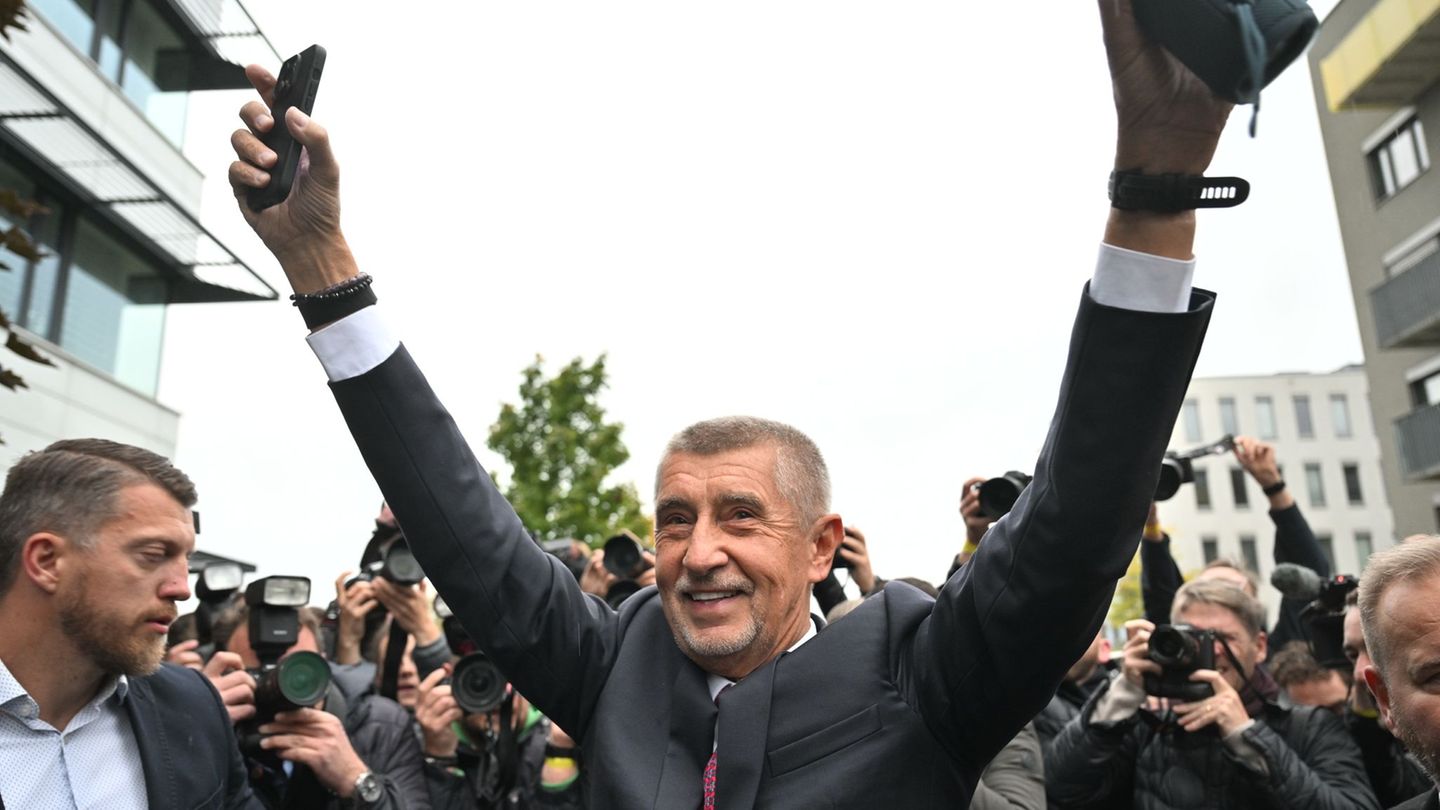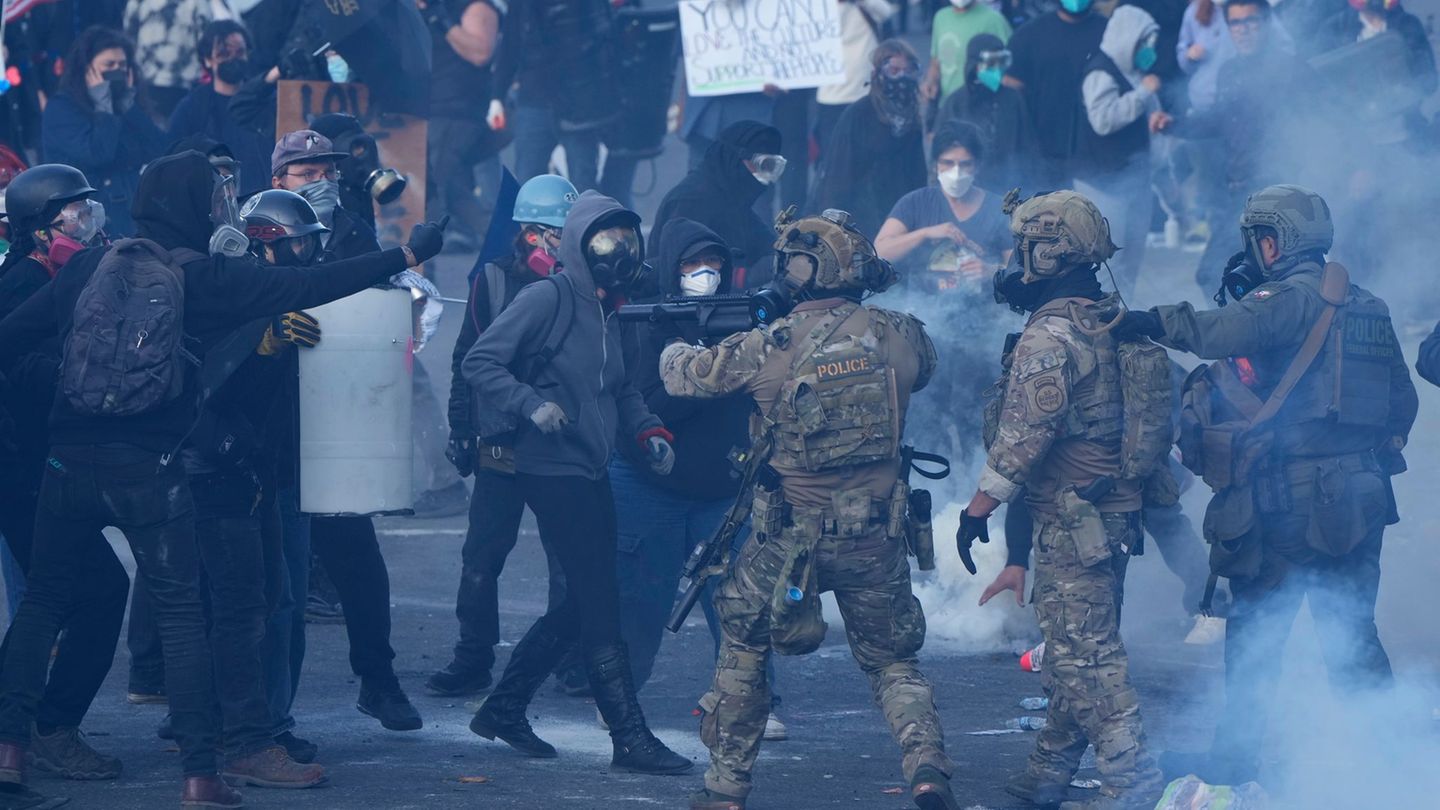Federal Chancellor Sebastian Kurz (ÖVP) spoke in his welcoming speech in the Aula der Wissenschaft in Vienna in favor of filling in the “trenches” created in society. “A phase of upswing lies ahead of us,” said the Chancellor optimistically. Kurz promised that everyone should benefit from the upturn.
The crisis has shown “what humanity is capable of today”, it has “brought true heroes of everyday life to the curtain”, Kurz thanked those who had often “superhuman” done in the health and safety sectors. Above all, the crisis has shown what science is capable of. “Because without the outstanding achievements of scientists in Austria, in Europe and around the world, an end to the pandemic would still be a long way off.”
Kurz recalled countless conversations, phone calls, video conferences and consultations with many experts that would have helped politicians massively. For this he would like to thank each and every one of us, including all those who were involved in the vaccination, said Kurz. Corona is definitely not over yet, but one has the legitimate hope that the vaccination means that “the worst is behind us”.
Massive trenches have emerged
In addition to the health and economic effects, Corona has also led to “massive rifts having emerged in our society,” said Kurz, referring to those who were more concerned about health and those who were more concerned about freedom and who felt patronized by the restrictions. The “hard fault lines” existed in the political landscape, but also in companies and even in many families. In a liberal democracy, all perspectives must be permissible – not everyone is the same “hypochondriac” or “conspiracy theorist”, emphasized Kurz. Now it must be a matter of “healing these cracks together again” and “filling in the trenches together”.
After the Chancellor’s speech, the live televised festive event “in honor of science” included Vice Chancellor Werner Kogler (Greens), Elisabeth Puchhammer-Stöckl, Head of the Center for Virology at MedUni Vienna and Scientist of the Year, and Oswald Wagner , Vice Rector of MedUni Vienna, on the program. The virologist remembered the beginning of the pandemic. “It was impossible to predict what might happen to us,” she said. The information from China at the end of 2019 could not initially be assessed. After a year and a half of the pandemic, there are now numerous findings. According to the current state of knowledge, the coronavirus has jumped from bats to humans via another host. There is still no 100 percent security, “as long as you have not found the intermediate host”, but the probability of this scenario is “extremely high,” said Puchhammer-Stöckl.
The collaboration worked extremely well
Numerous scientists were honored on Tuesday in the Aula der Wissenschaft in Vienna. Kogler was pleased to welcome “familiar faces that have become even more familiar during the decision-making phase”. He emphasized that the cooperation with science “worked extremely well”, and that politics also “grooved itself together quickly” at the time. The “decision-making speeds” were completely different from conventional politics. He hoped that the pandemic also succeeded in “getting young people excited about science,” said Kogler. “It would often be good if we worked together towards transformation and not remain trapped in depression. Science can make a very big contribution here,” emphasized the Vice Chancellor.
Wagner recalled that numerous measures had been discussed controversially – such as the introduction of the mask requirement. Austria then went its own way with FFP2 compulsory and extensive testing. That was also the reason “why the third wave subsided before it exploded. The course was very fruitful,” he summed up.
Following the discussion, Health Minister Wolfgang Mückstein (Greens), Science Minister Heinz Faßmann (ÖVP), Ursula Wiedermann-Schmidt, President of the Austrian Society for Vaccinology and member of the Austrian Vaccination Committee, and Niki Popper, simulation researcher at the TU Vienna, appeared together.




